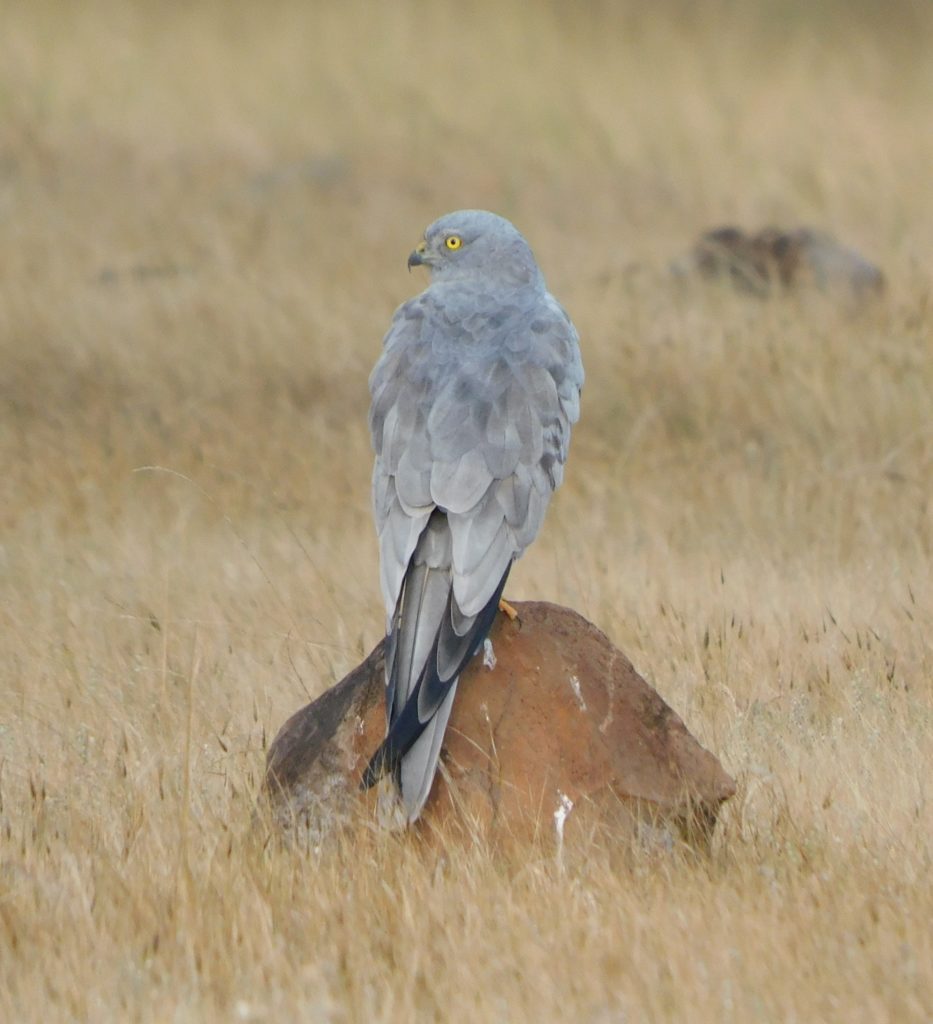Our project currently aims to monitor wintering populations of harriers at their regular roosting sites across India. We also aim to map new roosts through exploration and citizen science participation. Regular long term monitoring can give a better picture about their populations. Since grasslands are being lost at an unprecedented scale than ever before, only long term research can help understand how grassland specialist species are being affected by this.
Image credits:
Arjun Kannan
Monitoring harriers in their Indian wintering region
Year of Initiation:
2016
Project Coordinator:
Ganesh T
E-mail Address:
Role in the project:
Principle Investigator
Institutional Affiliation:
Ashoka Trust for Research in Ecology and Environment (ATREE)
Taxa:
Montagu's harrier, Pallid harrier, Western Marsh harrier
Status:
Active
No. of participants:
0 - 100
Geographical spread of project:
Andhra Pradesh, Gujarat, Karnataka, Maharashtra, Rajasthan, Tamil Nadu, Telangana
Further information:
The project is undertaken in arid and semi-arid grassland/savannah ecosystems across the country
Purpose of the project:
Conserving harriers and developing a management action plan for grassland/savannah ecosystems
Coordinating institution/organisation:
ATREE
Location of the coordinating institution/organisation(s):
Bengaluru, Karnataka
Data Availability:
Since currently the project is supported by DST-SERB, the data will be available only after publication of results in a journal
Participation in language other than English:
Yes
Appropriate age groups of participants:
All age groups
Citizen participation through:
Website
Why should people participate:
Since grassland/savanna ecosystems are spread across the country in small/big patches, it is important that more citizens be involved in this project. Often a small team of people are not enough to regularly monitor these less-known grassland tracts.
Prior knowledge or expertise required:
Prior expertise is not expected from participants. Passion to conserve these less recognized ecosystems and appreciating the biodiversity they harbor is the only skill required.
Website:
Tags:


